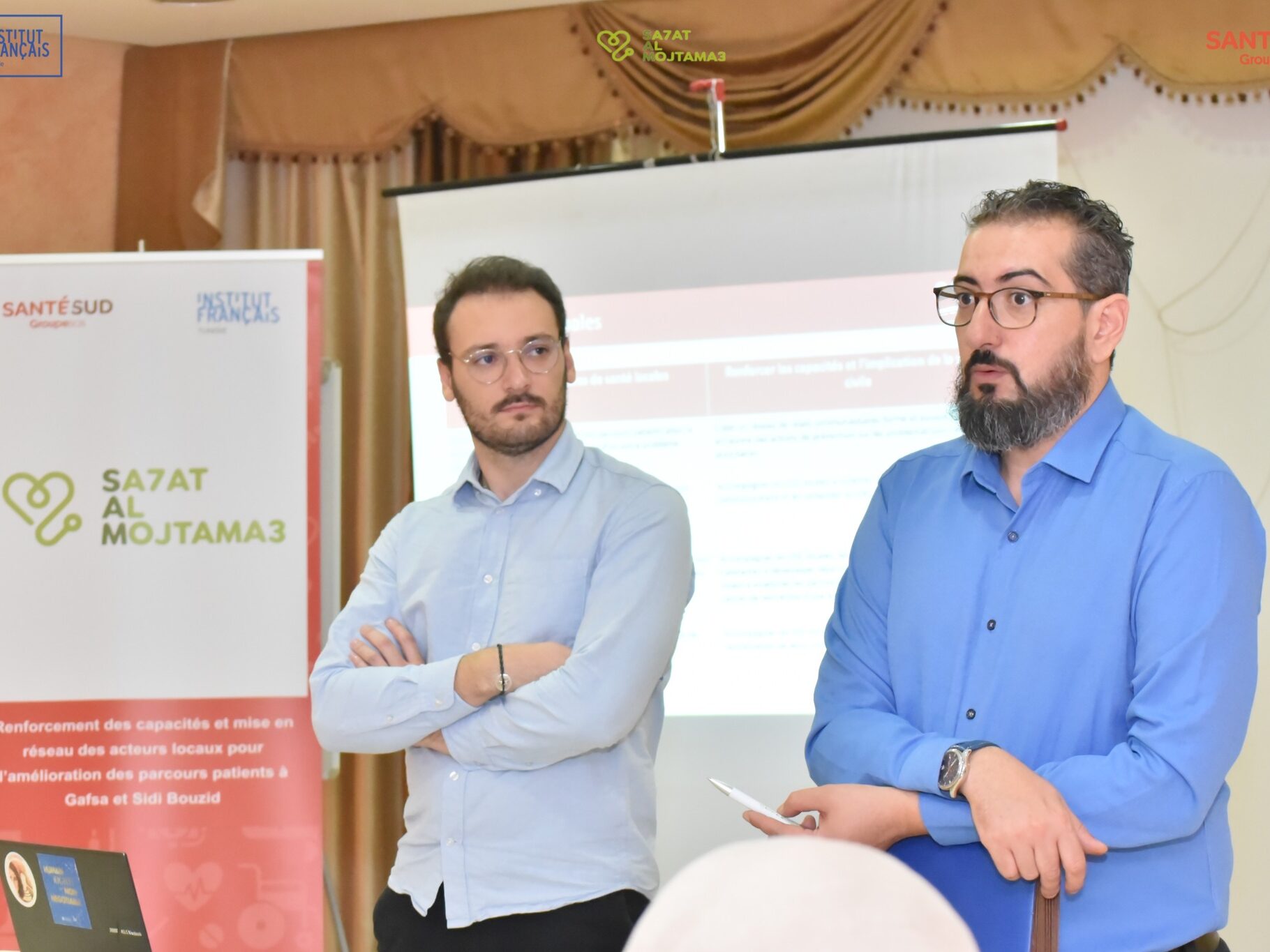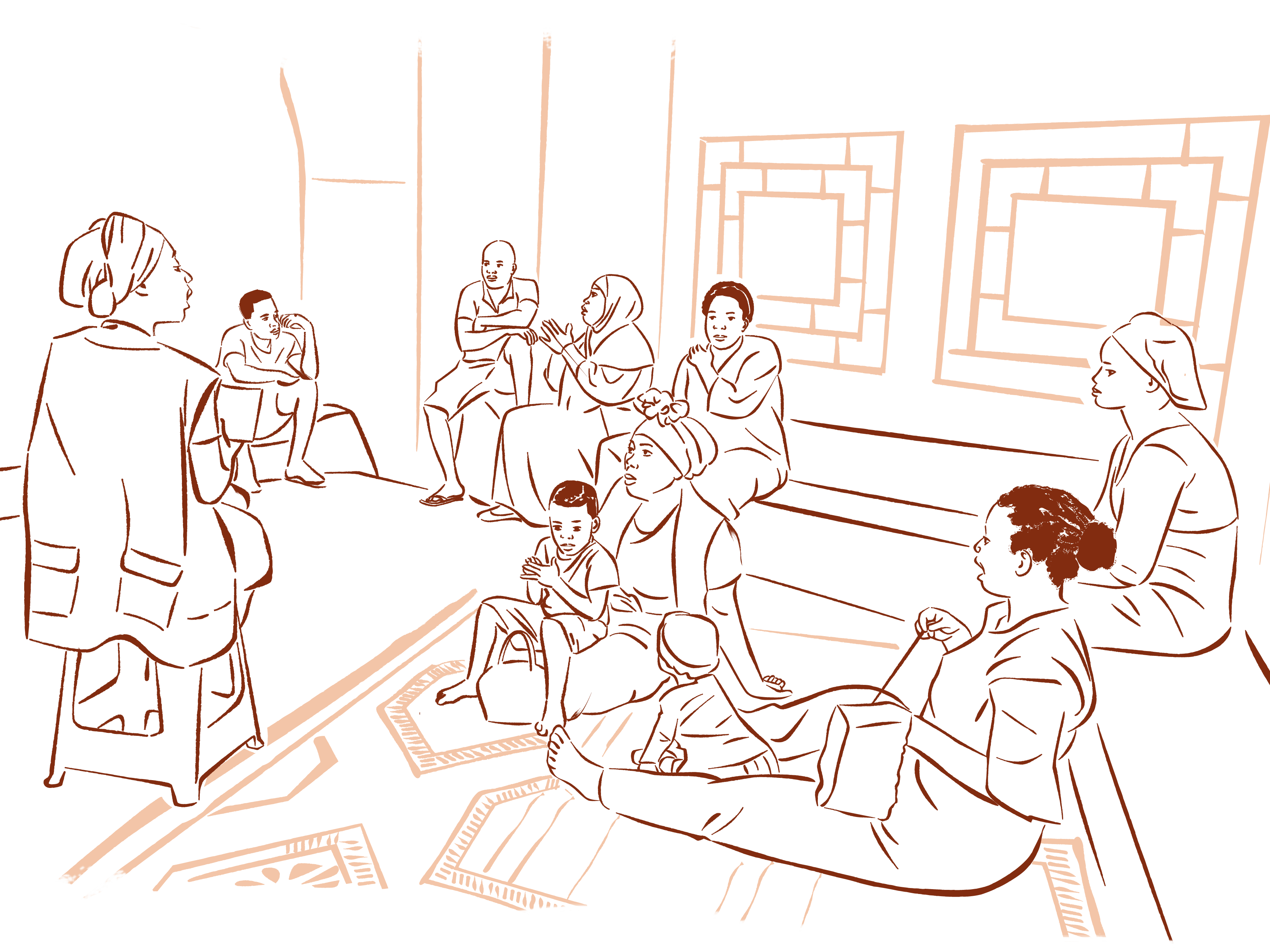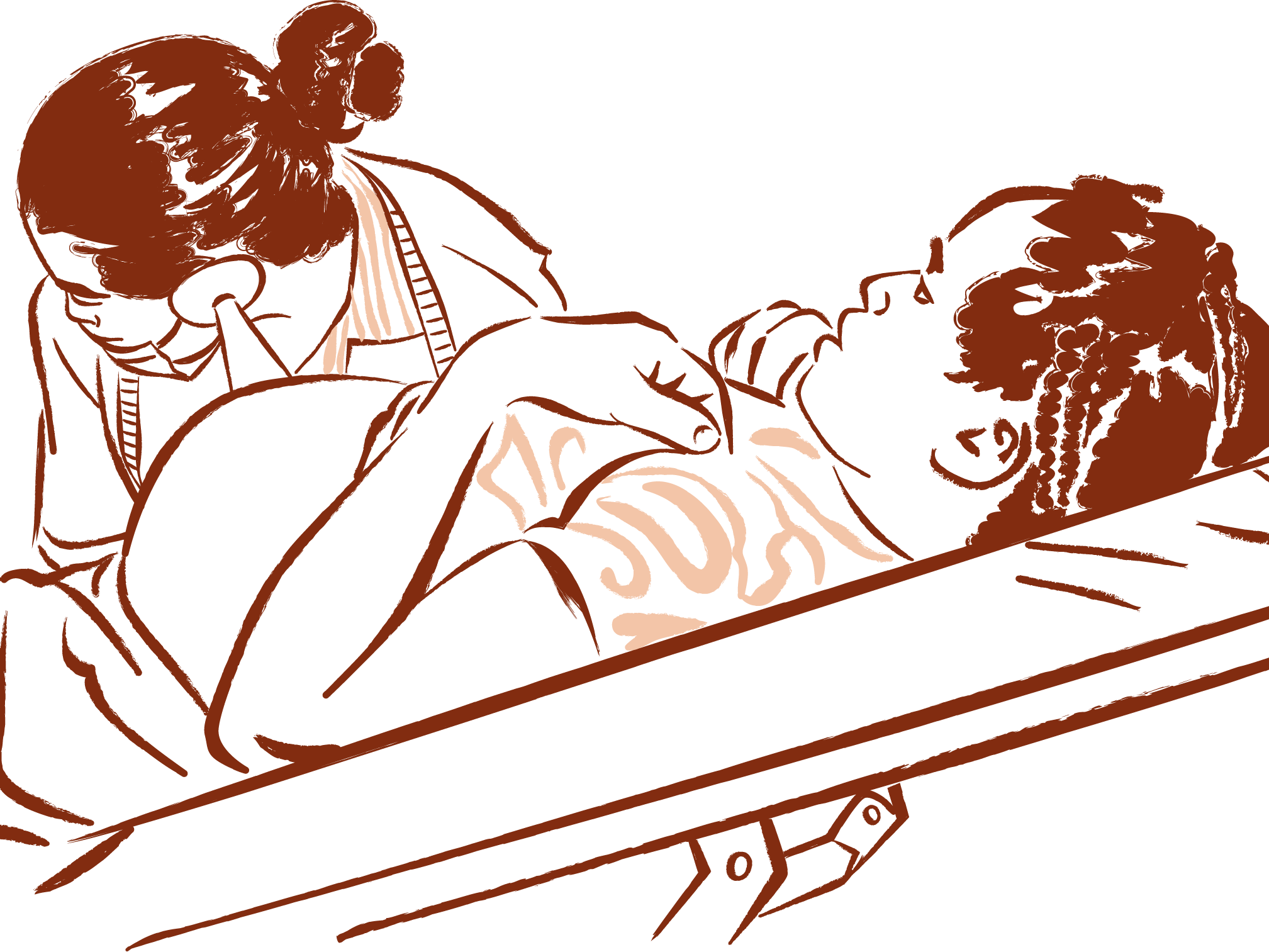News
Interview with Johnson Victorius FIRINGA, MAD’AIDS partner in the PluriElles project
My name is Johnson Victorius FIRINGA, and I am a lawyer by training, with a double master’s degree in public and private law. I started my career in a regional organisation in Analamanga, which I founded after discovering my HIV status. I felt it was important to create a friendly space where people with similar problems could talk to each other.
To do this, I formalised the organisation and asked the local council to help me avoid the cost of renting premises. I then expanded this initiative by duplicating the association in 20 regions. It was at this point that I began to speak publicly about my life with HIV, not to gain recognition, but to encourage people living with HIV and show that this disease can affect anyone. I visited families and did a lot of fieldwork. Today, when I travel by taxi-brousse, I always engage in discussions about HIV to raise awareness.
In September 2007, we set up the MAD’AIDS network of HIV associations, of which I was chairman. So since 2014, I’ve been head of MAD’AIDS, where I’m responsible in particular for mobilising resources, particularly through requests for technical assistance.

Our main mission is to support people living with HIV.
MAD’AIDS, as a coordinating structure, plays a crucial role in building capacity and transferring skills to member associations. We also monitor their activities to ensure data quality.
As the voice of the member associations, MAD’AIDS is also responsible for leadership, advocacy and communication, as well as resource mobilisation. We contract with partners and entrust the implementation of projects to member associations.
Our main mission is to provide support for people living with HIV, provided by our member associations in the field. Since 2014, we have broadened our scope to include the issue of co-morbidities, tackling issues such as tuberculosis, malaria and diabetes.
When support becomes difficult, MAD’AIDS mobilises its central resources to guarantee quality support. We also establish a link between health structures and local associations to ensure that care is centred on people.
In addition, we have a partnership with counselling and legal advice centres for victims of gender-based violence, and we work with the police to combat all forms of violence.
Today, we are concentrating on setting up an observatory to collect and share best practice, and to identify dysfunctions to fuel our advocacy and influence public policy.
MAD’AIDS currently has 35 member associations and a team of 14 permanent staff, several interns and 64 service providers who are mobilised on a project-by-project basis. We also offer free training courses, for example in psycho-social support for social workers.
Finally, we have established numerous partnerships as part of projects such as EVAMAD and SYCAVI, with partners such as Médecins du Monde and Santé Sud.
The Plurielles project complements other players in the fight against HIV-AIDS.
The Plurielles project has several advantages for us. It will strengthen our range of services for cervical cancer, a pathology of particular relevance to HIV-positive women. It will also enable us to increase our expertise in malaria.
The choice of intervention districts is also particularly interesting, as it is often difficult for us to follow up patients in the rural areas of Ankazobe, Manjakandrina and Anjorombe, which do not benefit from Global Fund support. This project therefore complements other initiatives undertaken by various players in the fight against HIV-AIDS.
In addition, the project will help us to strengthen our structure, following an organizational diagnosis carried out recently with the support of Expertise France. A capacity-building plan has been formalized, and we see this initiative as a valuable opportunity.
Working with community workers, we’ll have the opportunity to discuss various pathologies (HIV, tuberculosis, malaria, cervical cancer). The idea is to mix the skills of community players during awareness-raising activities to promote mutual enrichment.
We also want to learn from our experience with Santé Sud in setting up doctors’ surgeries in remote districts. This community work is fantastic, and we’re very interested in learning from it to inspire new community initiatives such as, for example, the development of community health centers.
Fighting HIV-AIDS requires more partnerships
We chose to partner with Santé Sud because of its work at community level and its experience in helping communities take ownership of services.
When we learned that Santé Sud supports healthcare structures outside the public sector, particularly in rural areas, and encourages their investment in the environments in which they operate, it reinforced our motivation to collaborate with them.
We are convinced that the fight against HIV/AIDS requires a multitude of partners to facilitate social mobilization and the provision of services.
Constructive dialogue between civil society organizations and public authorities is essential
Within civil society organizations, it is crucial to develop collaboration and partnerships. If each player goes its own way, it becomes easy to destroy collective efforts. By joining forces, civil society can gain in influence and effectiveness.
It is also essential to promote state self-sufficiency in domestic resource mobilization. We must not always depend on external funding.
Civil society must also seize the opportunities offered by technical assistance to strengthen its capacities. Failure to take advantage of these opportunities may prevent us from meeting the expectations of our beneficiaries.
Finally, constructive and ongoing dialogue between civil society organizations and public authorities is essential to resolve or avoid misunderstandings and foster better collaboration.
Find out more

Testimony of Tarek GRIRA, Project Manager of the Sa7et Al Mojtama3 programme

Petite Terre
